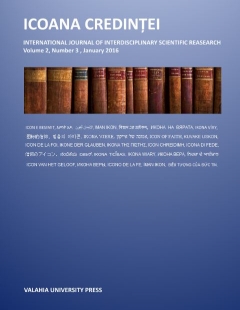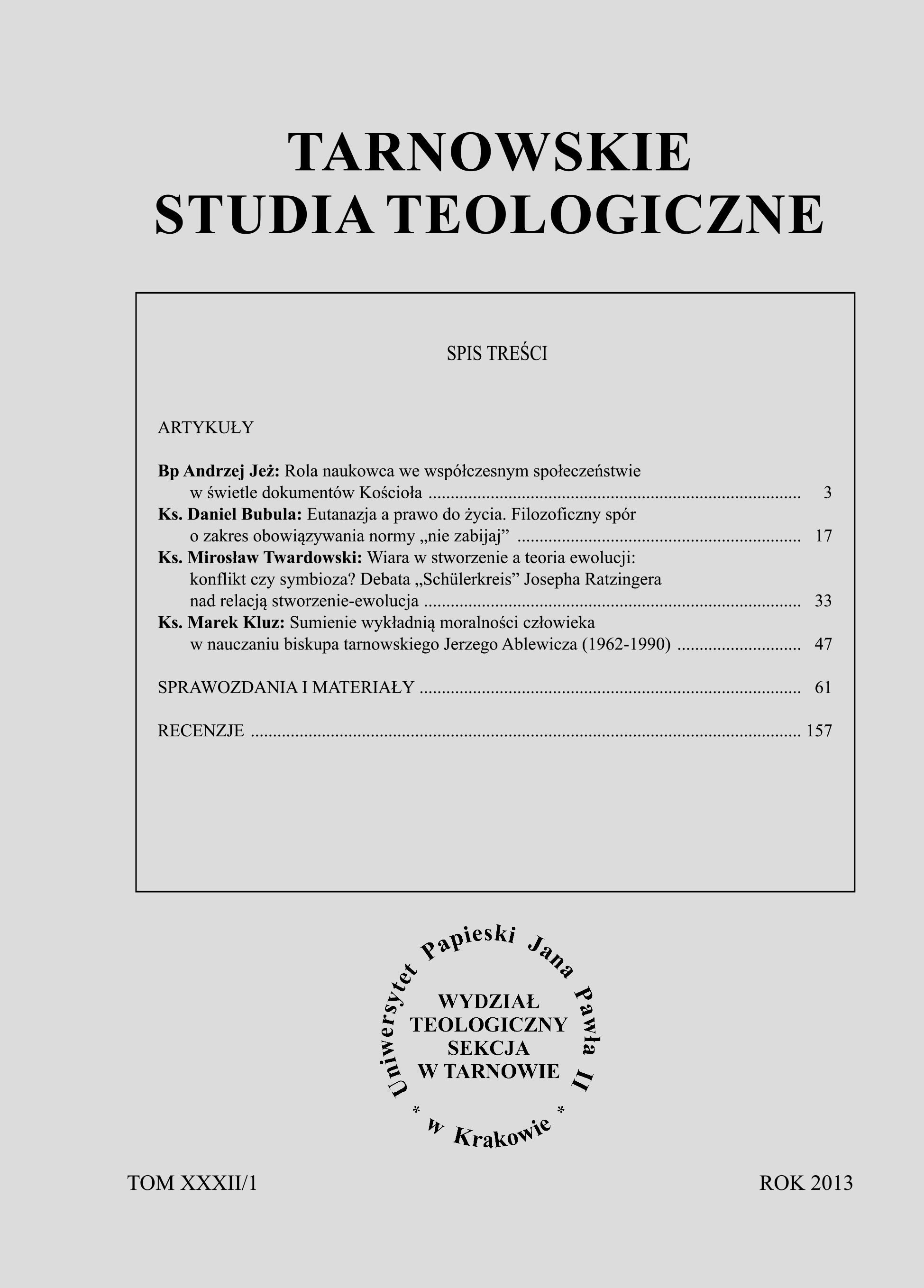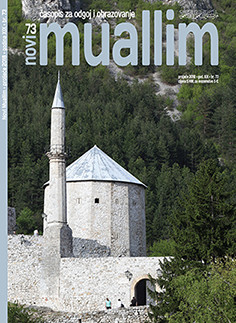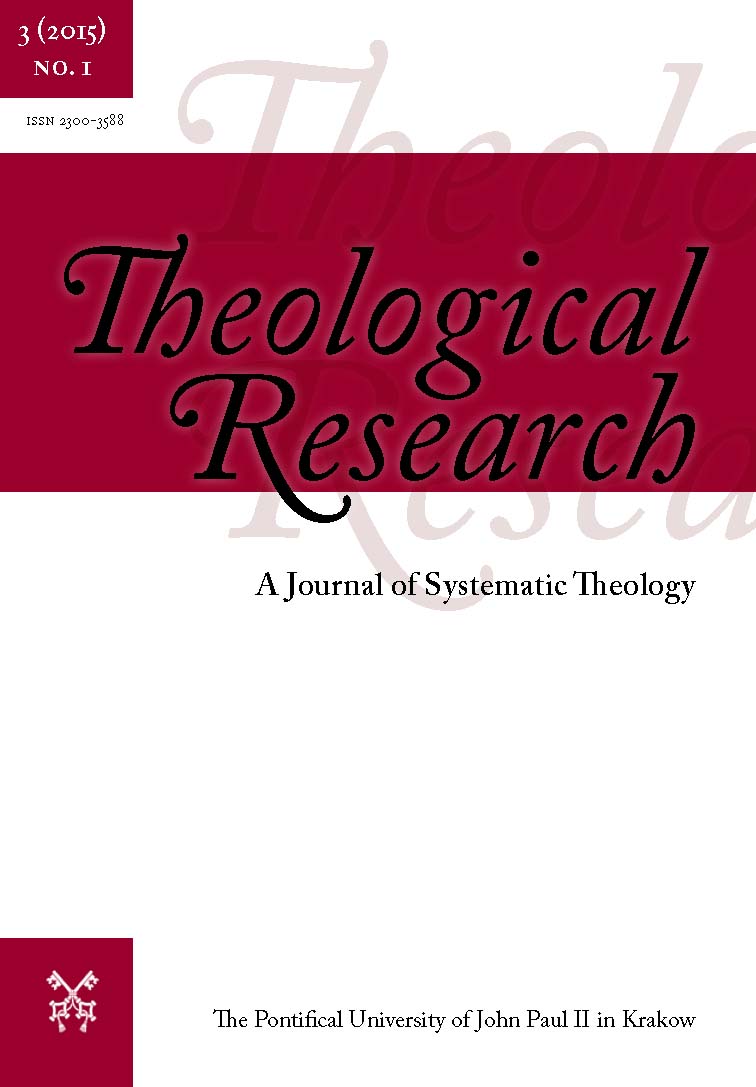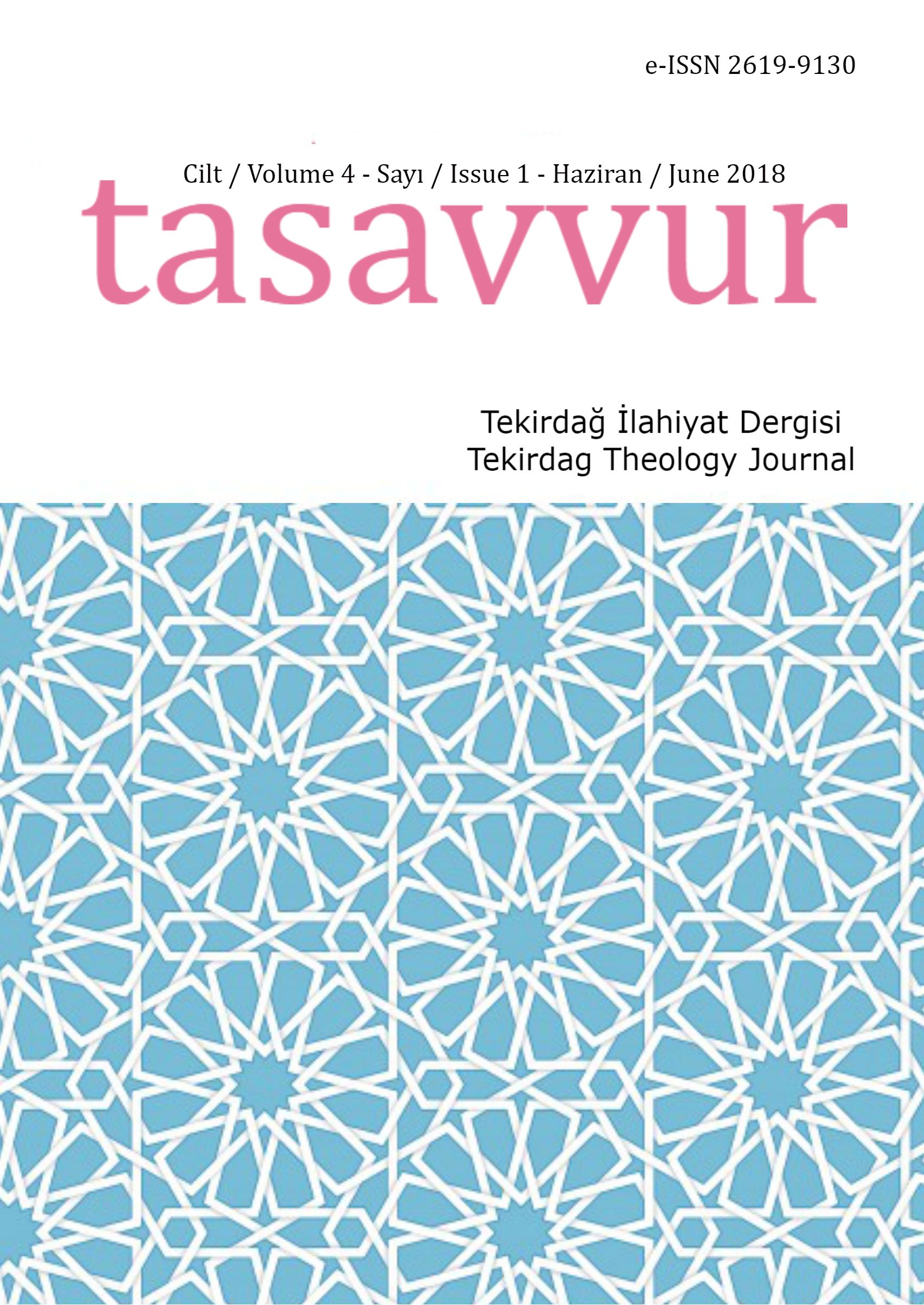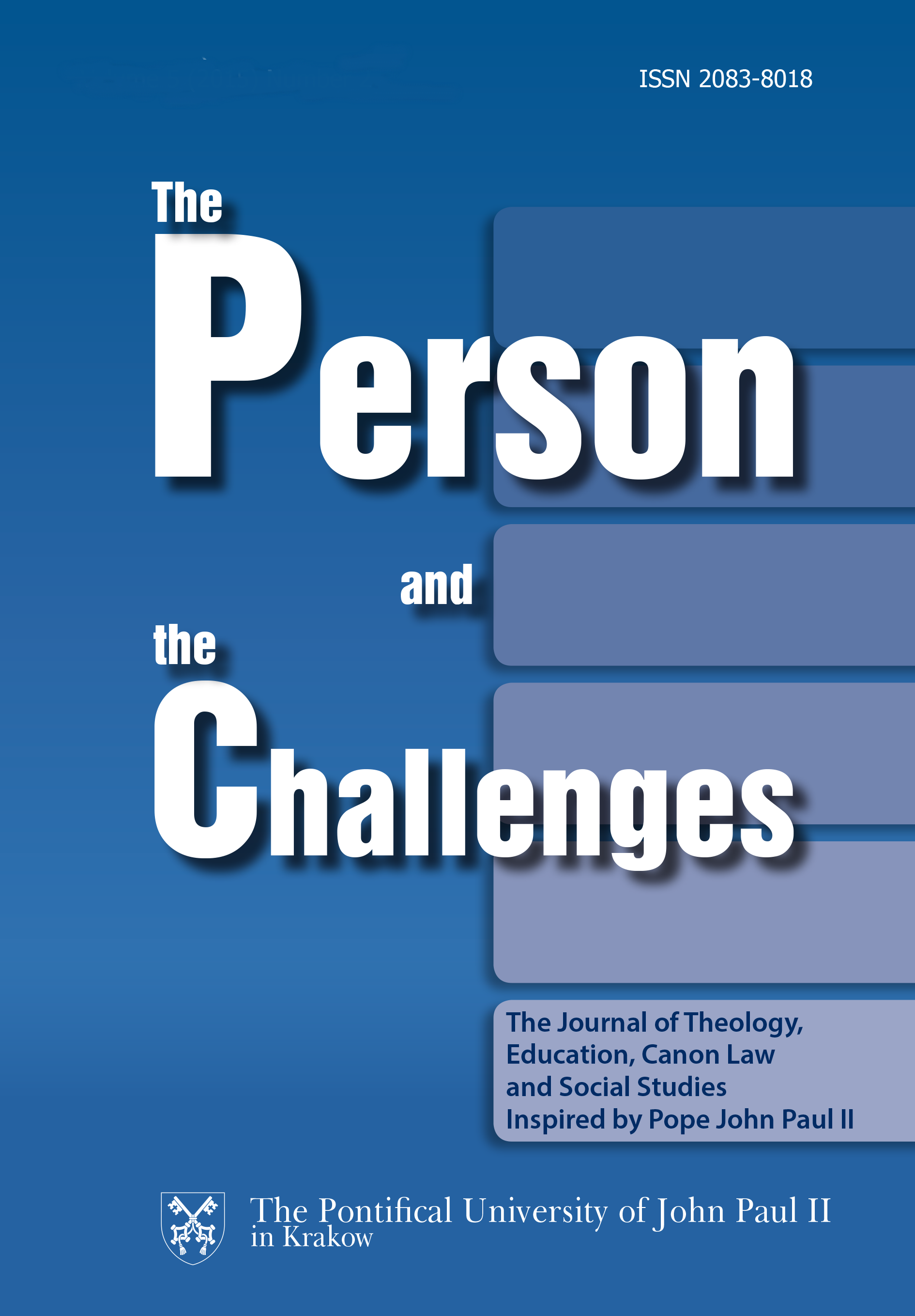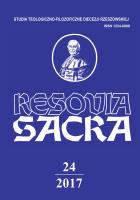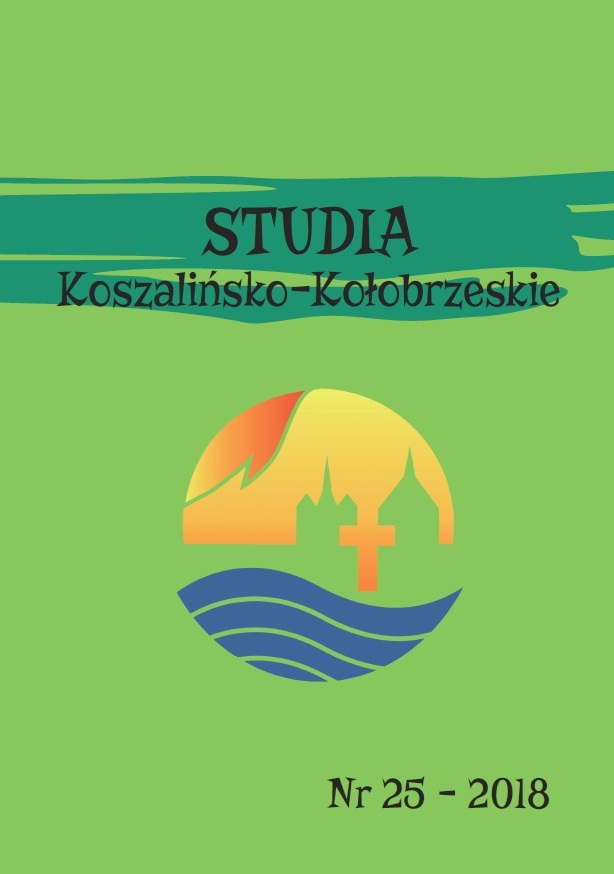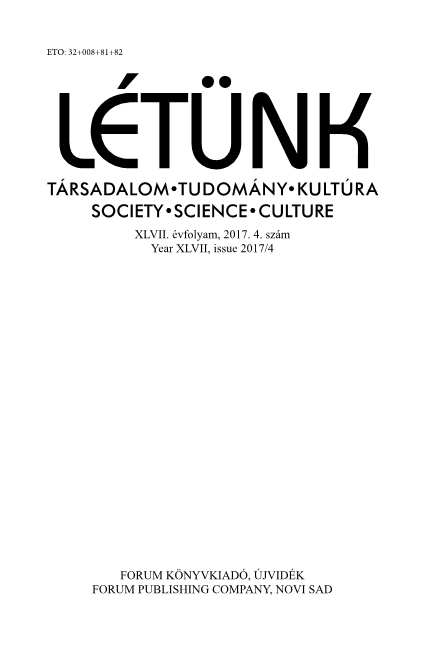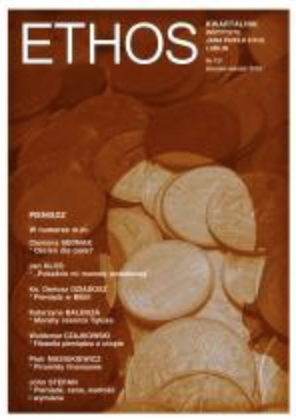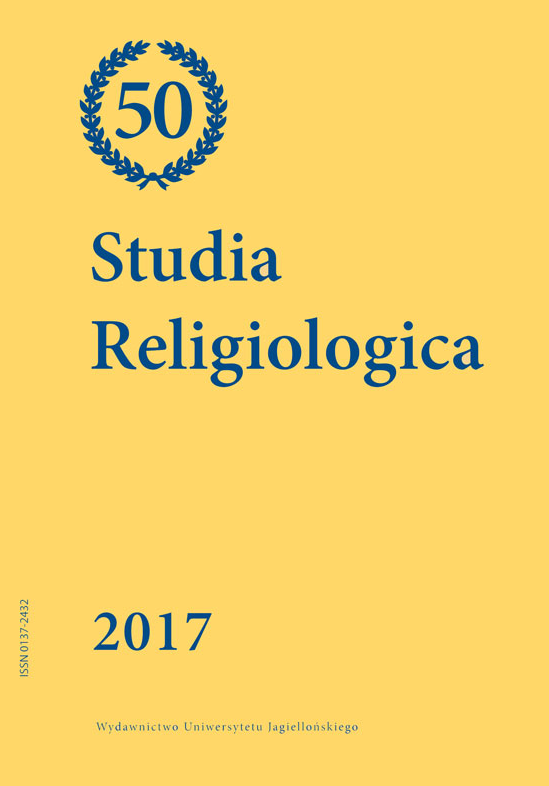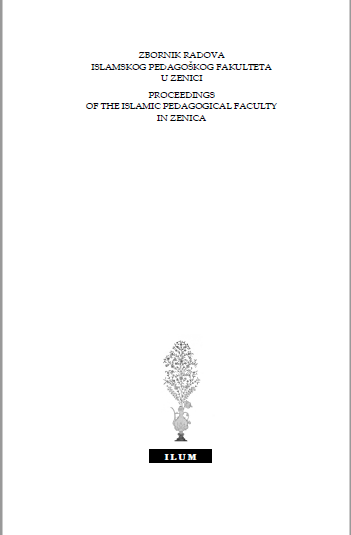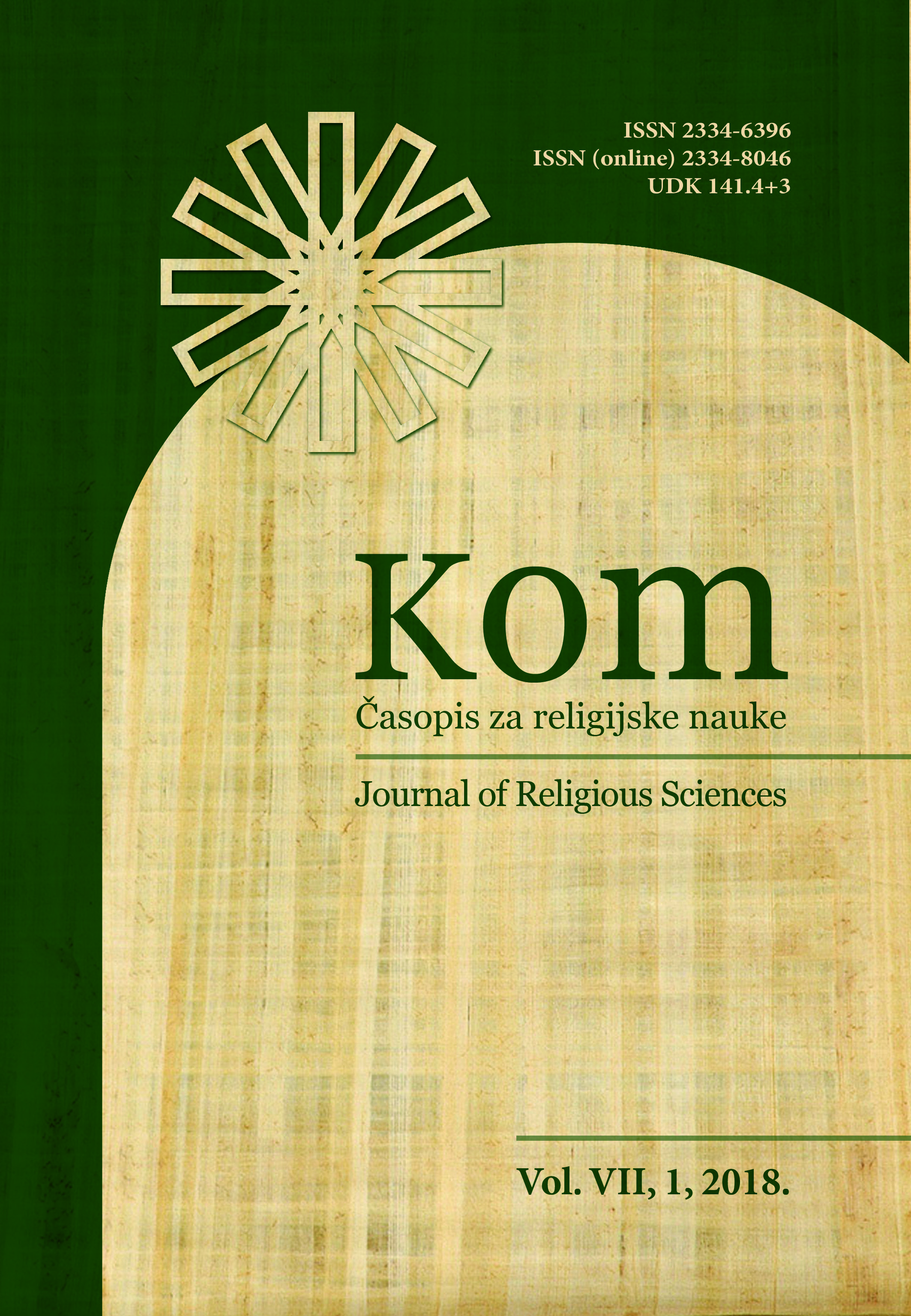Author(s): Szymon Wróbel / Language(s): Polish
Issue: 1/2018
Gilles Deleuze and Felix Guattari claim that religion exists only when there is transcendence, a vertical being or an imperial state. Philosophy, with its passion for concepts, continuously seeks its revival in the plane of immanence, and the more radical the immanence, the more atheistic philosophy is. Following Duns Scotus, Spinoza, Nietzsche and Bergson, the authors of the book What is Philosophy? are so radical in applying their postulate of fi delity to immanence that they go as far as to claim that Christian thought creates concepts solely on the basis of its atheism. For philosophers, the problem is neither the ‘death of God’ nor the ‘concept of atheism, but the ‘atheism of the concept.’ Atheism—in this perspective—is not a drama, but a good state of mind of a philosopher and an achievement of philosophy; a kind of joyful knowledge. In the present paper I try to rethink the ‘atheism of the concept,’ fostering—as I claim—a kind of
‘cult of the concept.’ I reflect on whether the ‘atheism of the concept’ is the remains of theistic thought. Further, I also ask whether the ‘atheism beyond the concept’ is at all possible. This, however, makes me reflect on the very
notion of concept. I am aware that the ‘concept’ is not ‘beyond life,’ rather, it is one of the ‘modes of life.’ The fact that man lives in a completely designed
environment does not mean that man has turned away from life or has turned around the order of life, but only this much that man lives in a certain way. Therefore, the ‘atheism of the concept’ is not opposed to the ‘atheism without the concept’ as long as ‘the concept’ is not opposed to ‘life.’ ‘Atheism without the concept’ is, rather, an atheistic practice and refers to ‘lifestyle’ rather than
‘beliefs’ or ‘conceptual forms.’ It requires involvement in a non-sacred life. ‘Atheism without the concept’ is the attempt to withdraw the ‘created life’ from the sphere of salvation through Something that is other than life. To an
atheist, the object of faith is not God—a guarantee of unity, rationality, and world order—but the world itself and without any guarantee. Perhaps it signifies the primacy of the necessity of contingency (Quentin Meillassoux). In the atheistic world, time does not unlock the potential opportunities, it is not the reality of time which produces the reality of events, but the events themselves allow the course of time to emerge. Such a time and cosmos is not governed by any timeless principle; it is left to the pure immanence of its non-righteousness and un-conceptuality. The reason for the ‘atheism without the concept’ is ‘life itself,’ the banality of life, ‘life as-is,’ while the reason of theology is ‘holy life’
which points to something other than life.
More...
